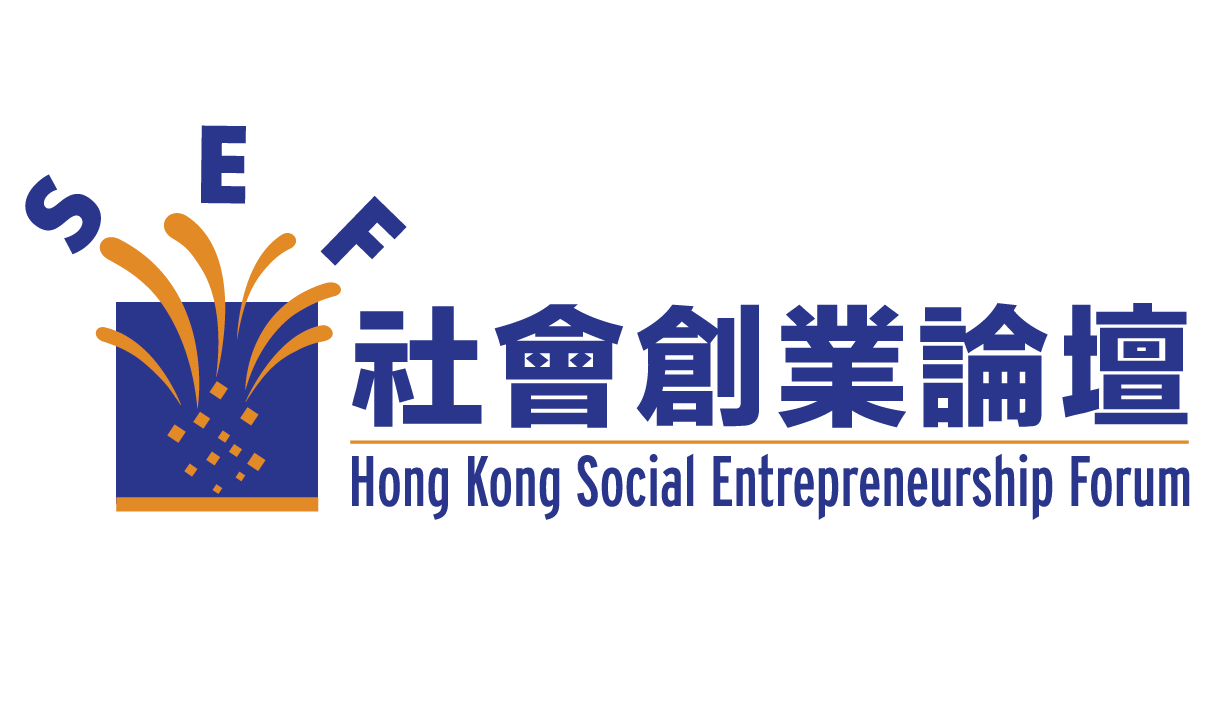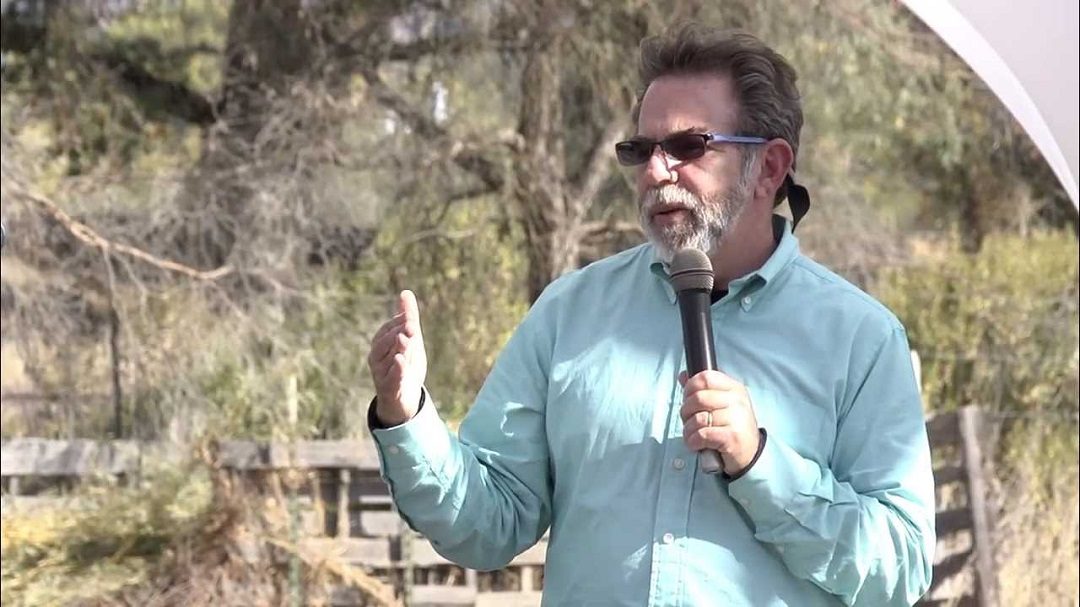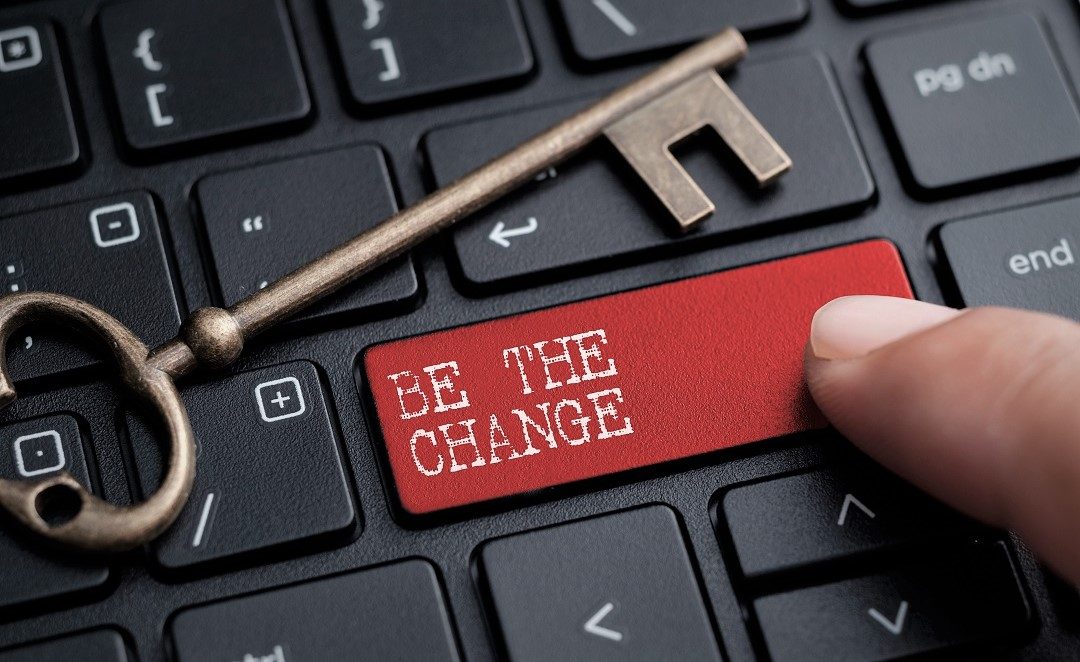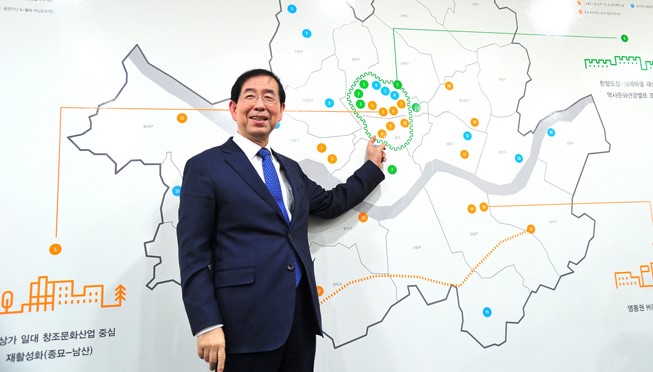Does the business sector have a role to play in social innovation? There are common misconceptions that social innovation belongs to the social service sector and mainstream businesses are irrelevant to this global movement. hese are indeed all mistaken and completely wrong as Jason Saul has forcefully argued in his book Social Innovation, Inc.: Five Strategies for Driving Business Growth through Social Change.
Seriously Considering a ‘Gap Year’? – It’s About Time
Following KK's article on Gap Year earlier, which spurred discussion amongst the readers, a book on Gap Year experience is eventually born - let's look at Kenny Cheung's story so far.
Major Issues in Social Enterprise Development in the Mainland China
Yuan GU, Founder and Director, AHA Social Innovation Center, Shanghai, shares the insider view on the major challenges facing the Chinese social entrepreneurship sector and what needs to be done -
Trees and Sustainable Cities – Meet Ashoka Fellow Andy Lipkis in Hong Kong
Andy Lipkis will be in Hong Kong next week. Andy is a practical visionary who has dedicated his life to healing the environment while improving the lives of individuals and communities. At the age of 18, he founded TreePeople in Los Angeles to spearhead an approach using trees and forest-inspired technologies to make cities sustainable while mitigating floods, drought, pollution, and global warming.
Do You Need a ‘Gap Year’? – Why and Why Not?
A ‘gap year’ can take place at any point of one’s life -- as soon as the decision is made that ‘I will take a year of my normal study or work life and devote it to pursuing something that I value and enjoy doing.' Previously most gap years are taken between high school and university; but nowadays, gap years are taken by people of different ages, from undergraduates to graduate students, young working adults to mid-career executives, even people close to retirement. How can gap year change your life? See the excerpt of Harvard's article -
左手打工, 右手創業: Why you should be ‘having a job and starting a business’ at the same time
This a the title of a book KK bought in China a couple of years ago - the insights have driven KK to initiate a number of talks bearing this title for different audiences. Here is the gist -
A Proposed Social Enterprise Development Fund for HK: But shall we learn from UnLtd instead?
The Chief Executive has suggested allocating $500 million from the Lotteries Fund to form a Social Enterprises Development Fund to provide loans to social enterprises. If the government is ready to commit a sizable amount of public money to support the development of social entrepreneurship, what is the best way to go about it?
Social Entrepreneurship and Mainstream Business: What’s the Connection and Why Does it Matter?
The upcoming luncheon seminar of Education for Good - "Social Entrepreneurship and Mainstream Business: What’s the Connection and Why Does it Matter?" will be the first attempt to systematically introduce to the business community why they should know more about the development of social entrepreneurship as a global movement and what they could and should do to support and collaborate with social entrepreneurs.
Social Innovator as Mayor of Seoul – What Can We Learn from Park Won Soon
In October last year, an NGO founder and social innovator Park Won Soon (朴元淳) was elected Mayor of Seoul. Park is a lawyer by profession and a well-known human rights lawyer. But he was most popularly known for his work as the founder of two NGOs – People’s Solidarity for Participatory Democracy (PSPD) founded in 1994 and the Beautiful Foundation founded in 2000.
Education for Good CIC — A HKSEF Initiative
While the social entrepreneurship sector has made remarkable progress in recent year, KK has a big plan to announce - he is setting up the Education for Good CIC to spearhead innovation, scalable educational and training programs contributing to the development of social entrepreneurship and social innovation.










